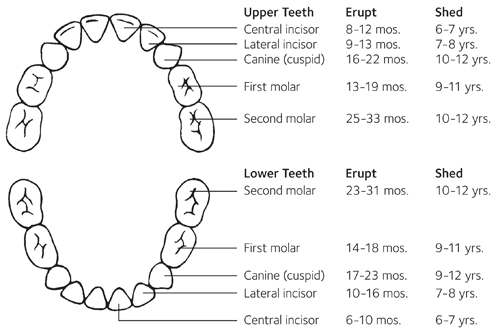It is advised that at the age of about 6 months, you introduce a cup/beaker rather than a bottle. Using an open cup or a free-flow cup without a valve will help your baby learn to sip rather than suck, which is better for their teeth.
If you use a bottle or trainer cup, don’t put anything in it other than infant formula, breast milk or water.
It’s important to choose the right kind of beaker/cup. A beaker with a free-flow lid (without a non-spill valve) is better than a bottle or beaker with a teat. Drinks flow very slowly through a teat, which means that children spend a lot of time with the teat in their mouth. As soon as your child is ready, encourage them to move from a lidded beaker to drinking from a cup.
Drinks
Breast milk/ formula can be used up to the time cow milk can be introduced normally after 1yrs old.
Water – (boiled for under 6 months)
Fruit juices, such as orange juice or grapefruit juice, are a good source of vitamin C. However, they also contain natural sugars and acids, which can cause tooth decay.
Babies under six months old shouldn’t be given fruit juices.
Diluted fruit juice (one part juice to 10 parts water) can be given to children with their meals after six months. Giving it at mealtimes can help prevent tooth decay.
Squashes, flavoured milk, fruit drinks and sugary fizzy drinks are not suitable for young babies. These drinks contain sugar and can cause tooth decay even when diluted.
Even drinks that have artificial sweeteners can encourage children to develop a sweet tooth.
If you want to give your child squashes, flavoured milk and juice drinks, keep them for mealtimes, make sure they’re well diluted and always give them in a feeder cup rather than a bottle.
Fizzy drinks are acidic and can damage tooth enamel, so they shouldn’t be given to babies and toddlers.
Diet or reduced-sugar drinks aren’t recommended for babies and toddlers. If you do give your child concentrated drinks containing saccharin (a type of sweetener), dilute them well (at least 10 parts water to one part sweetened drink).
Eruption of deciduous teeth (first/baby teeth)


















